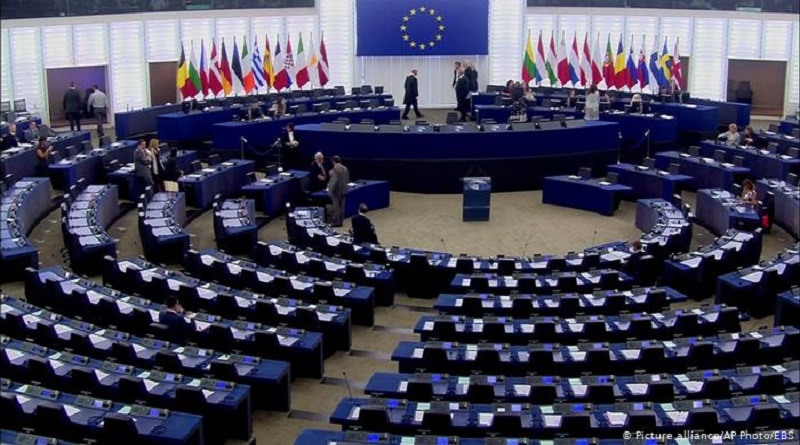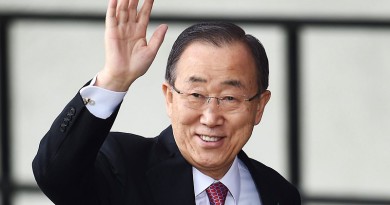Parliament stops EU Commission proposal on toxic lead in recycled PVC
In what appears to be a big win for citizens across Europe and civil society groups that moved against a proposal to allow lead-contaminated recycled PVC to be sold in the EU, members of the European Parliament on Wednesday 12 February 2020 objected to a European Commission proposal to allow lead-contaminated recycled PVC to be sold in the EU. The Health and Environment Alliance (HEAL), ClientEarth and the European Environmental Bureau (EEB) have applauded MEPs for using their power of scrutiny in order to ask the European Commission to walk the talk and keep toxics out of the circular economy, a promise outlined in the European Green Deal.
Lead is a well-known toxic metal. There is no safe level of exposure and it can lead to permanent adverse health effects. It is listed as a substance of very high concern under REACH because it may damage several organs or even cause cancer. Exposure of pregnant women to high levels of lead can cause miscarriages, stillbirth, premature birth and low birth weight.
Natacha Cingotti, senior policy officer for health and chemicals at the Health and Environment Alliance (HEAL) said: “We congratulate MEPs for using their powers to urge the European Commission to walk the talk on the EU Green Deal and for clearly stating that the circular economy must promote non-toxic material loops. When going back to the drawing table, the EU Commission must make a proposal that is in line with its own commitments towards protecting our health and environment.”
Tatiana Santos, chemicals policy manager at the European Environmental Bureau (EEB) said: “Even the Romans understood that lead is poisonous. Yet today, the Commission is happy to let hundreds of thousands of tonnes of polluted PVC be recycled into new consumer products. This threatens to unnecessarily expose generations of Europeans and the environment. We need to remove known toxic chemicals from our homes and environment, not add more. The circular economy cannot become a dumping ground for contaminants. Fortunately, the European Parliament stood up for that principle today.”
The European Parliament environment committee already objected to the Commission’s proposal in January, stating that “recycling should not justify the continued use of hazardous substances, as prevention takes priority over recycling”.
Citizens across Europe contacted their elected representatives ahead of today’s plenary session urging them to vote against the Commission’s proposal, using an online platform launched by WeMove.EU and supported by HEAL and the EEB. Civil society groups also wrote to Members of EU Parliament with a call to action to halt the proposal, highlighting its potential threats to health and the environment.
In his response to the development, Executive Director, Sustainable Research and Action for Environmental Development (SRADev Nigeria) Dr. Leslie Adogame, said the MEP’s decision is highly commendable and a win-win for the entire world.
“The MEPs of the European Commission’s decision is highly commendable and a win-win for the entire world and particularly for Africa which will seize to be a dumping ground for toxics in recycled PVC infiltrating the region. African nation needs to reciprocate this laudable decision by urgently putting in place appropriate regulations against trans-boundary movement of hazardous waste from other parts of the world and within the region through the Bamako convention”, he said.




